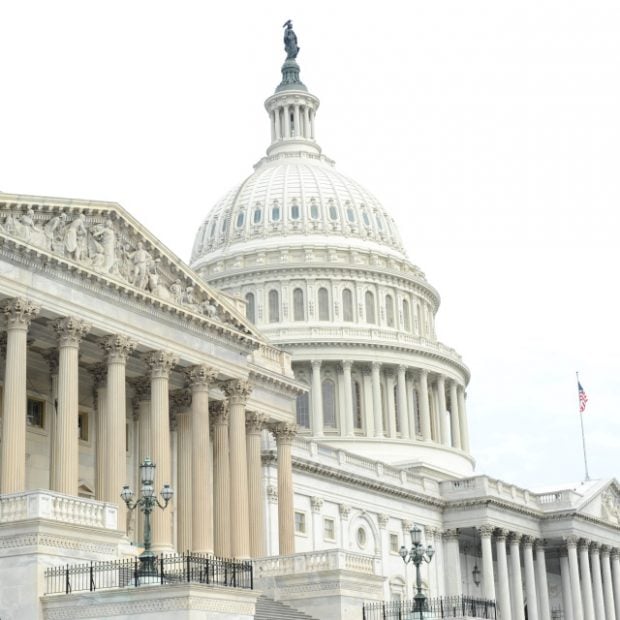 Credit/Adobe Stock.
Credit/Adobe Stock.
Congress returns to work this week in a post-election period that officials with the Defense Credit Union Council (DCUC) said they hope can be a productive one for credit unions, despite it being a lame-duck session for lawmakers.
In a letter to House and Senate leaders, DCUC Chief Advocacy Officer Jason Stverak laid out five issues his organization sees as "critical legislative priorities" for lawmakers to take up that specifically impact the 200 defense credit unions.
Recommended For You
Those legislative priorities were as follows:
Preventing the Passage of Interchange Legislation: DCUC emphasized that the "proposal aims to cap credit card interchange fees, mirroring limits already placed on debit fees. While this may appear to benefit merchants, it threatens the financial health of credit unions. Credit card interchange fees fund critical services, including fraud protection and rewards programs. Reduced fees could force defense credit unions to limit these offerings, directly impacting service members, veterans and their families."
Preventing the Passage of Legislation to Allow Non-Member Share Insurance Coverage: DCUC stated that "recent proposals would extend National Credit Union Share Insurance Fund coverage to non-member deposits, undermining the member-owned credit union model and increasing risks. Credit unions are not-for-profit cooperatives dedicated to their members. DCUC believes expanding insurance to non-members could dilute this structure, impacting service quality."
Passing the Veterans Member Business Lending (MBL) Bill: According to DCUC, this bill "would exempt loans to veteran-owned businesses from the statutory lending cap, supporting veteran entrepreneurs who face challenges in transitioning to civilian life. By lifting the MBL cap for veteran businesses provides affordable credit, this will allow veterans to start and grow their businesses, which in turn contributes to local economies. DCUC also believes this legislation allows defense credit unions to better support veterans and military families through access to essential credit."
Protecting the Credit Union Tax Status: DCUC said protecting this status is vital for credit unions. "Challenges to this status threaten the unique, member-focused model that benefits their membership, especially service members, veterans and their families. Defense credit unions use tax-exempt status to offer lower loan rates, higher savings interest and reduced fees — benefits that directly impact military and veteran members. The current tax exemption also enables credit unions to serve rural, underserved communities and low-income populations."
Passing Permanent CLF Reform: DCUC is advocating "for permanent CLF reform, ensuring credit unions have access to reliable liquidity during economic downturns. A permanent CLF enhances economic stability, providing credit unions a safety net to manage liquidity challenges, critical for member stability during crises."
In a statement last week, Stverak said, "We urge Congress to address these issues and support each of these priorities to ensure defense credit unions can continue providing secure, affordable and high-quality services to our military, veterans and their families."
Anthony Hernandez, DCUC President/CEO, added, "It's important to highlight industry concerns and initiatives during this time as lawmakers finish their work in the current Congress. DCUC is leading the way on behalf of our members and the communities they serve."
© 2025 ALM Global, LLC, All Rights Reserved. Request academic re-use from www.copyright.com. All other uses, submit a request to [email protected]. For more information visit Asset & Logo Licensing.






